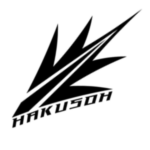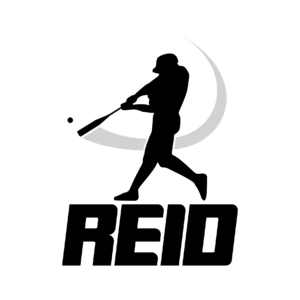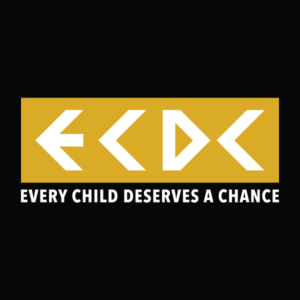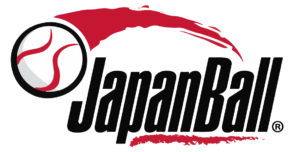When Issei Washizaki decided nearly three years ago to start the Japan Winter League (JWL), his hope was that it would become a vehicle “for players to find their direction.” Judging from the early results, he’s accomplished that goal.
And, in the process, pointed himself in a new direction.
Washizaki had played at Keio University, a member of Tokyo’s highly competitive Big6 Baseball League along with Waseda, Meiji, Hosei, Rikkyo, and the University of Tokyo. However, he didn’t play much because Keio had a very strong roster. In fact, Keio recently won the league championship for the 40th time.
Upon graduation, though, he still had the baseball bug in his system, so he traveled to the United States in 2016 to play in the California Winter League, which bills itself as a way for players to work directly with MLB scouts and independent league managers to help them develop and get signed prior to spring training. An infielder, Washizaki batted .263 and helped his team tie for the best win-loss record. But that seemed to be it for him, as far as baseball was concerned.
Washizaki, now 32, returned to Japan, took a job in marketing with the Japanese clothing brand GU, a sister brand of UNIQLO, and seemed to be set in his career path.
Until he wasn’t.
His baseball dreams simply would not die, so he resigned from his corporate position in May 2021 and began putting together the JWL, which has the twin purposes of helping players develop while also getting them exposure to professional opportunities throughout Asia and around the world.
“The JWL was Issei’s idea,” said Hiroyuki Sakanashi, a JWL team coordinator and Austrian National Team Head Coach who also acts as a translator and English-language spokesperson. “Even while he had the corporate job, he always wanted to do a winter league in Japan and was able to build on his experiences in the California Winter League. He wanted something that would act as a showcase for prospects interested in playing in Japan.”
The JWL, which takes place in Okinawa from late November to late December, finally launched in 2022 and just finished its second season. It is organized into two groups – an “advanced” league for Japanese professionals to get extra off-season work and high-level foreign players seeking professional opportunities in Japan, along with a “tryout” league for amateur players that want to develop and also get exposure to scouts.

Photo: Issei Washizaki (center) holds a bouquet during the 2022 opening ceremony for the first-ever Japan Winter League (Kyodo).
On a Baseball Jobs Overseas (BBJO) podcast, Washizaki, with Sakanashi interpreting, said the players pay the cost of getting to Okinawa, as well as a registration fee. The fee covers hotel accommodations, transportation, a few meals per day, and access to the facilities and professional coaches. Games and practices are held in three high-quality NPB Spring Training stadiums in the tropical Okinawa climate. There are also adjacent indoor facilities where players can work out before, after, or between games.
Teams played twice a day, five days per week, and every game was live-streamed on YouTube so scouts could follow games remotely, a great benefit for overseas clubs or Japanese teams that operate on smaller budgets. In addition, every at-bat and pitch was tracked by Rapsodo, giving players, managers, and scouts much worthwhile data (pitch speed, vertical/horizontal break, exit velocity, and launch angle) to aid in scouting and player development.
Approximately 70 players participated in the first season, and the total increased to 101 in 2023. That is below the goal of 120, and most glaring is the lack of enough pitchers in the advanced league, Sakanashi said. Nonetheless, the organizers are very happy with the results thus far and are optimistic about the future.
“We were able to achieve great results in terms of contracted players and participating players,” Washizaki said. “As a step up from the first year, it was a great success. We are confident that we have made preparations for the future over the past two years. I want to grow this into a league where many players can spread their wings.”
“We had a higher level of talent this year than in the first go-round,” Sakanashi said, “and that, as well as the actual number of participants, should continue to increase as word of mouth spreads. Issei opened the gate wider this year to include some professionals. In Japan, pros and amateurs aren’t allowed to be on the same teams because it used to be that amateur teams would hire pros, but we got around that by having the separate advanced and tryout leagues. We think that will enable us next year to invite some NPB [Nippon Professional Baseball] players, which would further upgrade the talent level.
“Eventually, we hope to get more overseas players; scouts told us that the foreign players definitely made the league better this year,” Sakanashi continued. “We also want to get more Japanese players so they can have greater visibility and chances overseas, not just in Japan.”

Photo: The Advanced League was held at the Ginowan City Baseball Stadium (left) and the Tryout League was held at the Koza Shinkin Stadium (right).
Baseball Jobs Overseas Chief Operating Officer Jimmy Jensen coached in the JWL in 2023 and observed that “The JWL is a great opportunity for guys to play in Japan. Issei has done a great job, and the league is very well organized. The hotel, stadiums, and indoor facilities are amazing. The level of competition is very high; especially in the Advanced League where guys are throwing 92-97 mph. A lot of the big teams in the Industrial and Independent leagues sent some of their players to get extra work. Next year it looks like there will also be some NPB and CPBL players.
“A lot of our BBJO guys are getting signed this year, and I believe this will continue to be a great opportunity for players to get picked up in the future,” Jensen continued. “NPB teams are mainly looking for pitchers throwing 95+ or pure power hitters. But there are opportunities in the industrial and independent leagues for a wide range of players.”
A year ago, just four foreign players participated, including BBJO member Lennard Pietersz of Curacao, who received a contract from a Japanese independent-league team afterward. This year, the number of foreigners increased to 30 thanks to the new partnership with BBJO.
Pietersz had planned to play in the JWL again in 2023, but a last-minute family issue kept him home. He’ll play this coming season in a higher-level independent league – the Kyushu Island League – and is thankful for his time in the JWL.
“I found it to be very good,” Pietersz said. “They’re looking for players with potential, and they work with you and try to develop you. A lot of scouts are there, and you also get to pick the brains of Japanese players there and apply things you learned to your game. If you use your time wisely, you can get a lot out of it.”

Photo: Baseball Jobs Overseas Chief Operating Officer Jimmy Jensen coached in the JWL in 2023
In the BBJO podcast, Washizaki said, “Everybody gets playing time, whether he starts or comes in during a game. [Position players] should get two or three at-bats [and] pitchers get enough innings. [We will] give players enough time to showcase their abilities.”
Plenty of scouts from all levels – Japanese industrial and independent leagues, NPB, and even Asia-based scouts for Major League Baseball teams – were there to evaluate the players. There were scouts from 32 teams representing 14 leagues and six countries.
An MLB scout who has watched games was quoted as saying, “At any level, playing games is the best way to develop players. I look forward to seeing how this league evolves.”
Sakanashi added that scouts also liked the fact that the players also have practice time “to improve their skills.”
BBJO’s Jensen, who has played and coached overseas for a number of years, said, “It’s crazy how many scouts were there. I met with scouts from the [New York] Mets, [Los Angeles] Dodgers, Seibu Lions, SoftBank Hawks [of the NPB], and a ton of indy teams. They all spoke highly of the JWL as a place for them to scout foreign players in person.
“With scouts representing teams from the MLB, NPB, CPBL, and Japanese Independent Leagues with on-the-spot signing power,” Jensen added, “the JWL is the perfect platform for a player to get signed at the next level.”
That happened to quite a few players who participated in 2023. By the end of December 2023, 16 players and a coach had signed contracts, and 11 other players were still in contract negotiations. Also, there are additional players in which teams are interested and who may receive contract offers.

Photo: JWL players from around the world became fast friends over the course of the season.
One signee is Ben Meyer, an American starting pitcher and BBJO member with experience in the U.S. independent leagues and the Netherlands first division. Meyer, who has some Japanese heritage and is committed to learning the language, had multiple opportunities before the JWL had even finished, and he signed with Ishikari Red Phoenix of the independent Hokkaido Frontier League.
“I had offers after my second start, and most everyone from the advanced league who was looking for a deal has done something,” Meyer said. “There was a pretty sizeable skill gap between the advanced and tryout leagues, but even guys from the lower league were getting attention.
“It was great to see everyone get so much playing time and visibility to all the scouts. The pitchers pitched so much in games that there wasn’t a lot of time for throwing on the side, but the hitters got a lot of training. I’d see them in the cage a lot, and there was even a guy [BBJO’s Daniel Catalan] from Driveline [the innovative U.S. training facility] there working with hitters on their swings.”

Photo: BBJO member, Ben Meyer, signed with Ishikari Red Phoenix of the independent Hokkaido Frontier League out of the 2023 Japan Winter League.
Ethan Skuija, is a native of Victoria, British Columbia, who played with Tempo Praha in the Czech Extraliga in 2022 and in the South Australia state league in the winter of 2022-23. He had accepted an offer just prior to the JWL from the Savannah Bananas, the U.S. team that plays by innovative rules to make the fan experience as fun and unusual as possible. The Bananas, though, are interested in playing in Japan, so they encouraged Skuija to play in the JWL and make some connections. Featuring a fast ball that topped out at 97 (mph), he was named Most Valuable Player in the Advanced League and also received interest from Japanese clubs.
“I thought the JWL would be a fun opportunity, and I’d get some reps in to keep sharp,” Skuija said. “I threw just a few innings but continued to build relationships with some of the teams there.
“The experience was really interesting. The infields there were all dirt and very firm – harder than artificial turf – so the ground balls played really hard and got through the infield quicker. It was very interesting to observe Japanese pitchers, too. Even if they were actually in a game, they’d work out by throwing and using weighted balls while their team was batting.”

Photo: Ethan Skuija (above), was the JWL 2023 MVP, and is signed with the Savannah Bananas for the 2024 season.
Another BBJO member who earned a contract is Matthew Malconian, an American starting pitcher who signed with the Bibai Black Diamonds, also a member of the Hokkaido Frontier League. Malconian had played club ball while in college at San Diego State in the U.S. and then worked in corporate finance for several years before deciding to give baseball another shot in 2023.
He played for the Füssen Royal Bavarians in the Second German Bundesliga and, with a combination of good command and effective breaking pitches, posted a 9-1 win/loss mark and 0.84 earned-run average.
“I had such a positive experience in Germany that I wanted to keep things going,” Malconian said. “I was looking for a place to play in the winter and had talked with teams from a couple of the Australian state leagues. I found out about the JWL through Baseball Jobs Overseas, and it looked like it would be a good way to break into the Japanese market. The teams and scouts here really prefer to see a player in person before evaluating him, whereas the teams in Germany weren’t so concerned about that. Here, meeting in person means a lot.
“I had watched some footage of JWL games from 2022, and it seemed pretty professional, so I was expecting it to be at a high enough level that it would really test my skills. I also was really interested to see the metrics from Rapsodo. I did well enough to get the offer from Bibai right after a game I’d just finished pitching,” he said with a laugh. “I wasn’t expecting to get an offer right then, but, luckily, the JWL people – specifically Issei and Hiro [Sakanashi] were there to act as the middlemen.”

Photo: Matt Malconian, seen here pitching for the BBJO Globetrotters at Prague Baseball Week, signed with the Bibai Black Diamonds of the Hokkaido Frontier League out of the 2023 Japan Winter League.
Daniel Catalan is also a BBJO member and worked at the JWL as a hitting coach and game coordinator in the advanced league. He ended up getting a contract to be hitting coach with the CTBC Brothers club of the Chinese Professional Baseball League in Taiwan.
Catalan is from Southern California, and his background includes college ball in the U.S., experience in European leagues, a member of the Chilean national team, owner of a baseball training facility in Chile, and, most recently, an internship at Driveline. Upon completing the internship, he applied for some minor-league positions with MLB organizations, but nothing had come through prior to the beginning of the JWL.
A Japanese former player, Keiichi Hirano, who played in the NPB from 2002 through 2015, was working at the JWL and observed one of Catalan’s hitting sessions and then followed him for a couple of weeks. He was impressed enough to ask if Catalan was interested in working in Taiwan. Several days later, Hirano asked Catalan to work with a few professional players – “kind of like a live interview,” Catalan said. The Taiwanese club later contacted him, and things progressed from there.
“The people from the Brothers told me it was new for them to hire someone without pro playing experience, so the Driveline thing really helped. It’s pretty cool,” Catalan said. “And this wouldn’t have happened if I hadn’t been in the JWL. This was just for fun, and it turned into something even better.”
And that’s the kind of reaction Washizaki and other JWL leaders are hoping for. As Washizaki said, “I want to make this so people will say, ‘Okinawa in Japan is a gateway to baseball success.’”
Not ready to hang them up? Seeking a new career path?
Annually our members sign over 300 contracts overseas. There are a variety of levels overseas which present opportunities for players and coaches, both aspiring and established professionals.
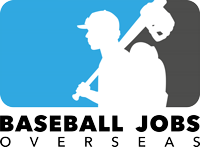
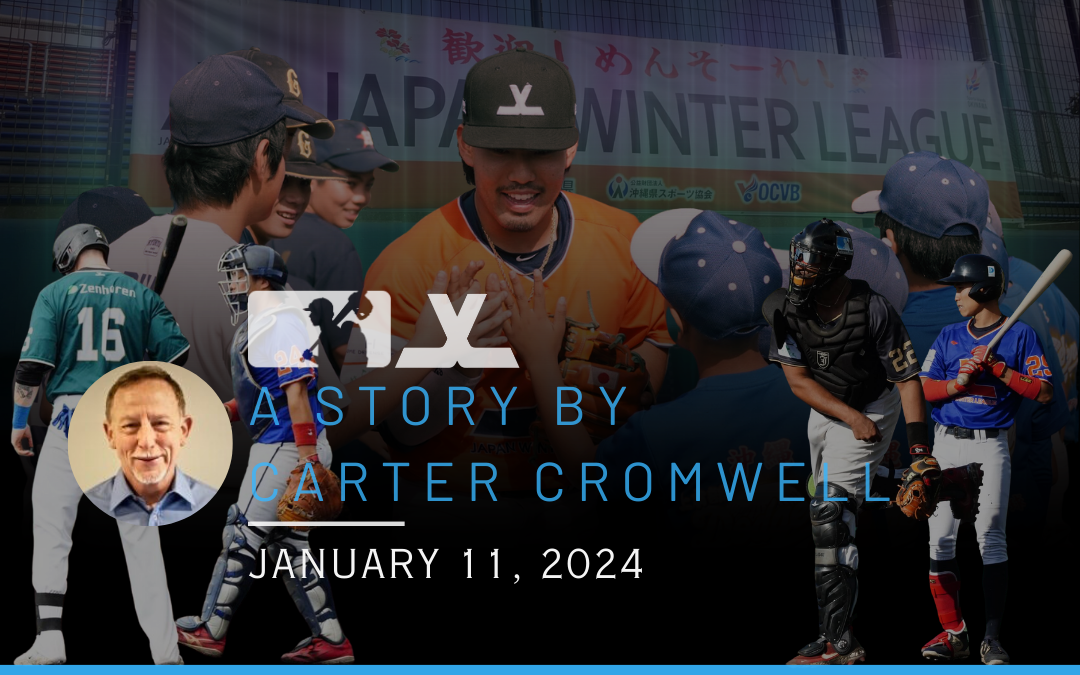
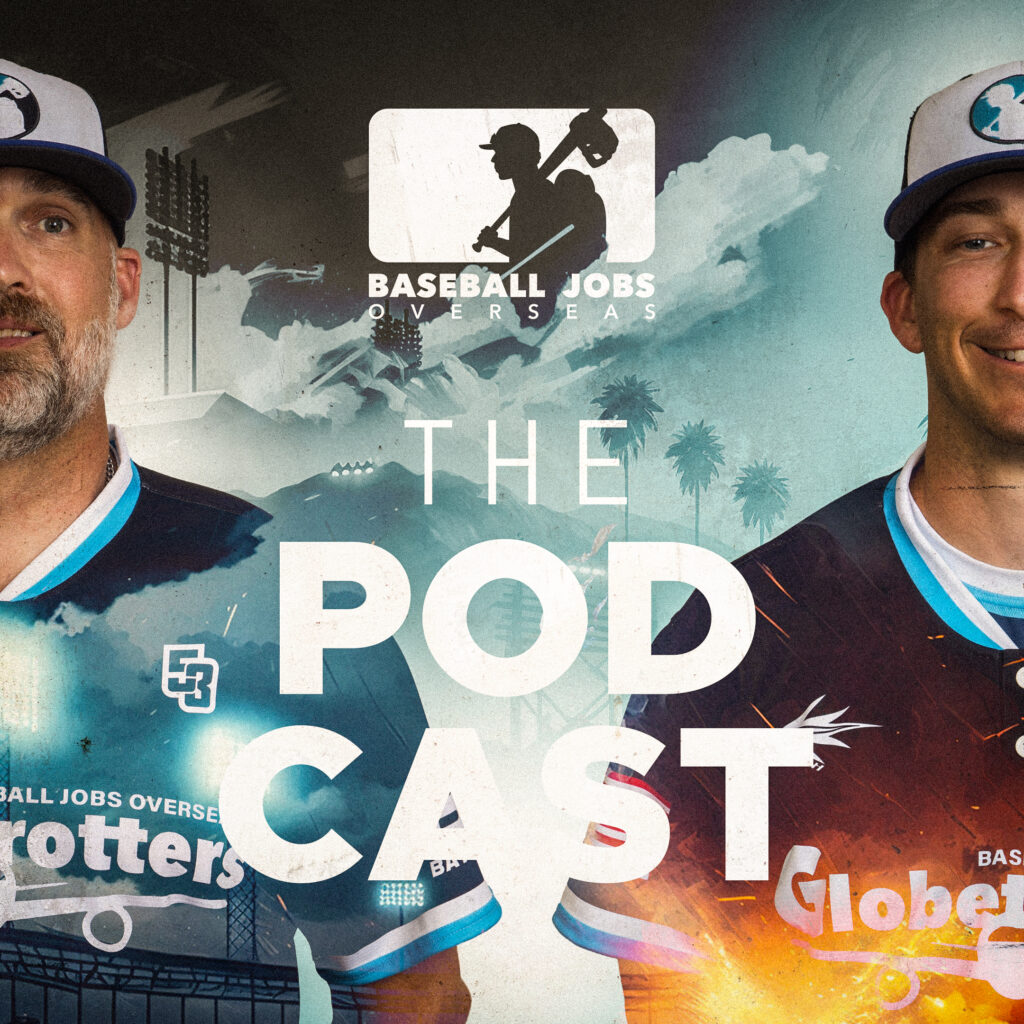
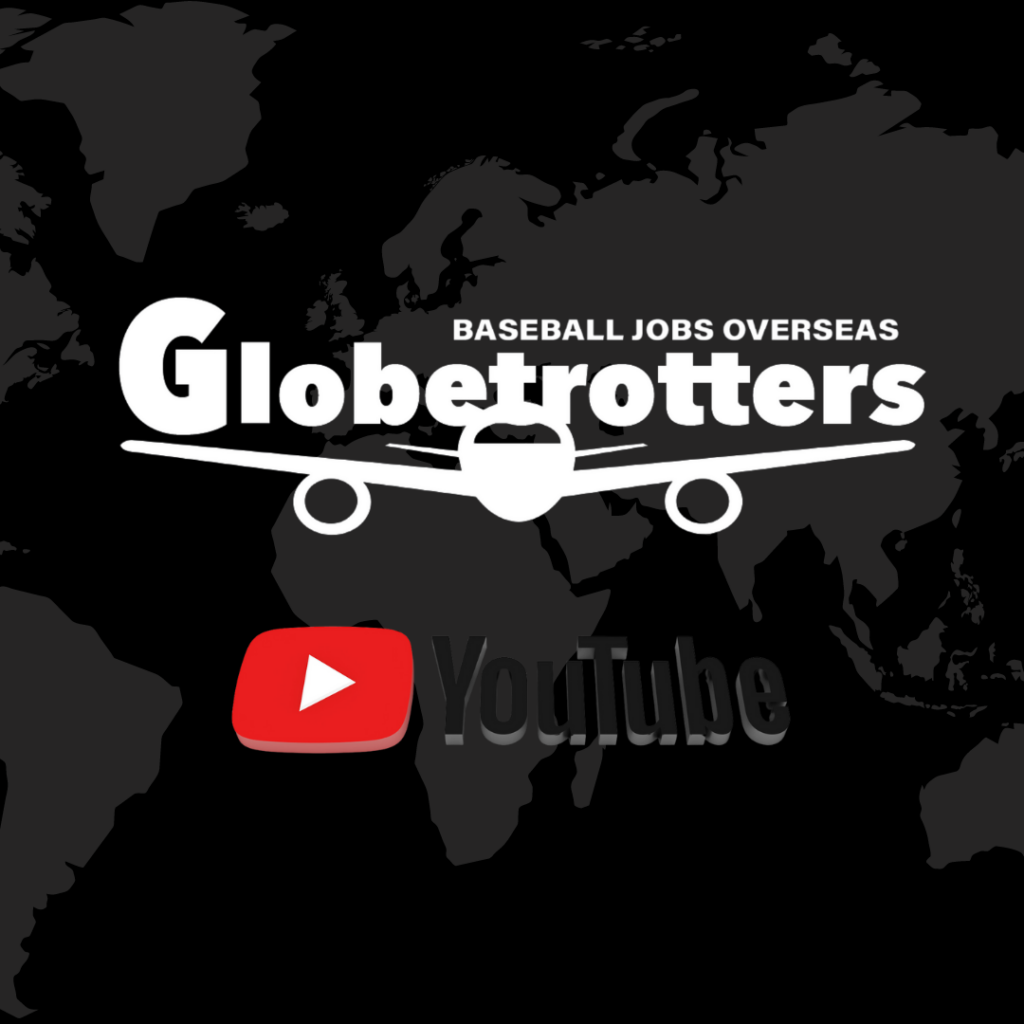
 Moonshot is a baseball apparel company based out of Mannheim, Germany, and is owned and operated by a good friend of ours, Juan Martin. What separates Moonshot from the other companies we have used in the past, is the value for your money and the customer service. You will not find prices like this in Europe or someone that responds faster.
Moonshot is a baseball apparel company based out of Mannheim, Germany, and is owned and operated by a good friend of ours, Juan Martin. What separates Moonshot from the other companies we have used in the past, is the value for your money and the customer service. You will not find prices like this in Europe or someone that responds faster. 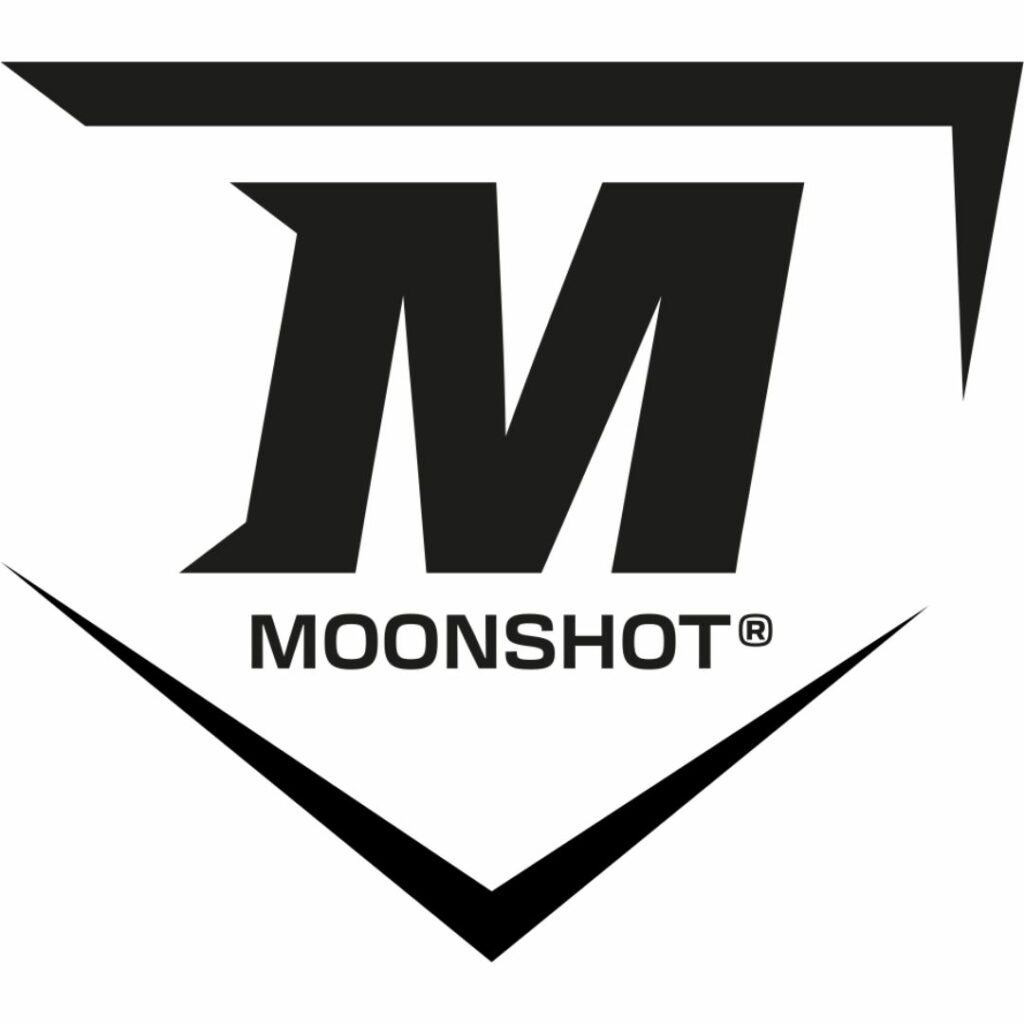
 High end, professional wood and composite bats with a wide selection of models using many different types of wood from Japan, North American and Taiwan. Hakusoh Bat is approved with the WBSC and across Europe.
High end, professional wood and composite bats with a wide selection of models using many different types of wood from Japan, North American and Taiwan. Hakusoh Bat is approved with the WBSC and across Europe. 